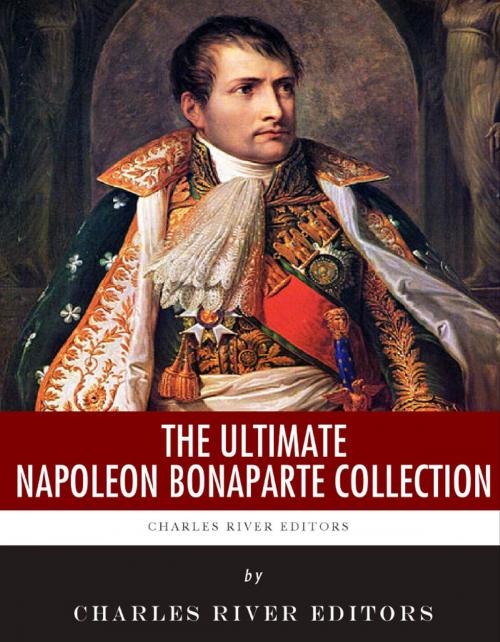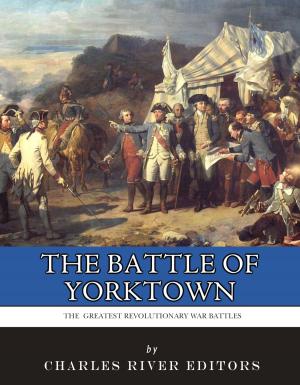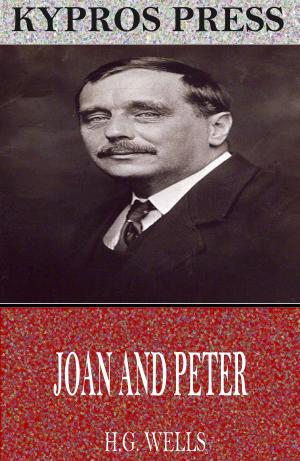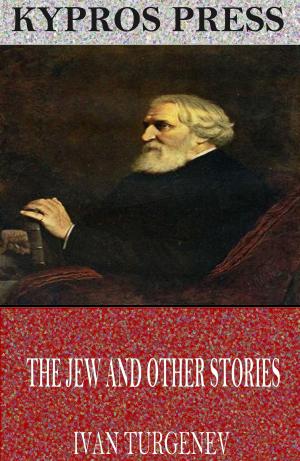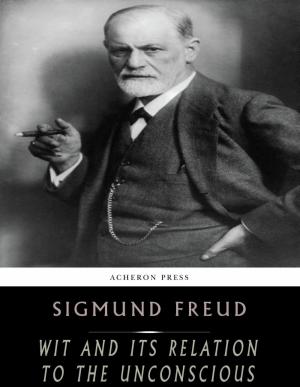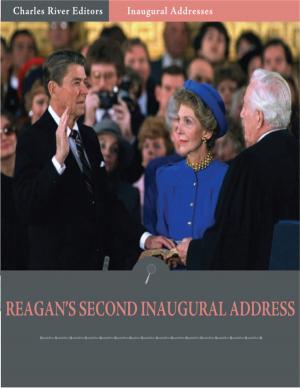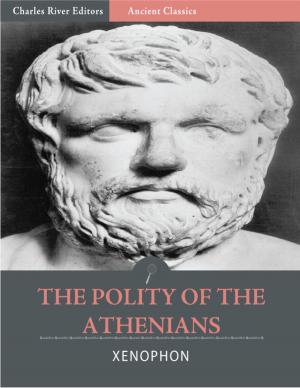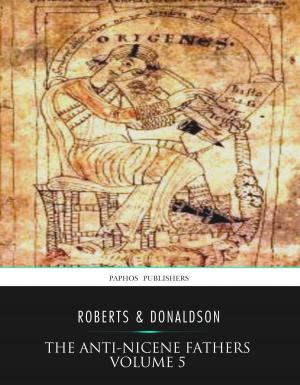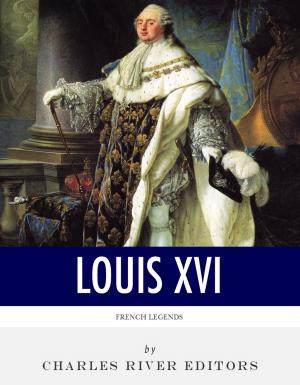The Ultimate Napoleon Bonaparte Collection
Nonfiction, History, France, European General, Biography & Memoir, Historical| Author: | Charles River Editors | ISBN: | 9781475319125 |
| Publisher: | Charles River Editors | Publication: | November 3, 2012 |
| Imprint: | Language: | English |
| Author: | Charles River Editors |
| ISBN: | 9781475319125 |
| Publisher: | Charles River Editors |
| Publication: | November 3, 2012 |
| Imprint: | |
| Language: | English |
Includes:•Charles River Editors original biography of Napoleon•Memoirs of Napoleon Bonaparte by Louis Antoine Fauvelet de Bourrienne, Napoleons Private Secretary•The Life of Napoleon Bonaparte by William Milligan SloaneCourage cannot be counterfeited. It is the one virtue that escapes hypocrisy. NapoleonWhen historians are asked to list the most influential people of the last 200 years, a handful of names might vary, but there is no question that the list will include Napoleon Bonaparte (1769-1821), the most successful French leader since Charlemagne and widely acknowledged one of the greatest generals ever. Indeed, Napoleon was likely the most influential man of the 19th century, leaving an indelible mark on everything from the strategy and tactics of warfare to the Napoleonic Code that drafted laws across the continent. To defeat Napoleon, the Europeans had to form large coalitions multiple times, which helped bring about the entangling alliances that sparked World War I after Europe was rebuilt following Waterloo and the Congress of Vienna. Napoleons influence on the United States was also palpable. To finance his endeavors, he struck a deal with President Thomas Jefferson that became the Louisiana Purchase, and it was Napoleonic warfare that was used throughout the Civil War, leading to massive casualties because the weaponry of the 1860s was now more advanced than the tactics of 1815. When Napoleon died at St. Helena, he still engendered fear and distaste among the Europeans, but the man and his legacy continued to be held in awe across the world. In Napoleons time, emperors and leaders still hoped to become the next Julius Caesar. After the Napoleonic Era, emperors and generals hoped to become the next Napoleon. For the next century, military leaders and even civilians struck Napoleonic poses when having their pictures taken, and phrases like Napoleonic complex and meeting ones Waterloo are now common phrases in the English lexicon. It would be truly impossible to envision or understand geopolitics in the West over the last two centuries without Napoleon. With the passage of time, Napoleons legacy has had time to crystallize, but the legends, myths, and controversies about the man and his empire continue to swirl. Was he really short? Did his men shoot the nose off the Sphinx? Was he a good chess player? Was he poisoned by the British? In the rush to analyze his stunningly successful military record or question whether he was very short or a great chess player, people often overlook his political reign and personality. The Ultimate Napoleon Bonaparte Collection addresses the controversies, myths, legends and battles, with three biographies of Napoleon written by his private secretary, historian William Sloane, and Charles River Editors, The Ultimate Napoleon Bonaparte Collection includes a Table of Contents and pictures depicting Napoleon and important people, places, and events in his life.
Includes:•Charles River Editors original biography of Napoleon•Memoirs of Napoleon Bonaparte by Louis Antoine Fauvelet de Bourrienne, Napoleons Private Secretary•The Life of Napoleon Bonaparte by William Milligan SloaneCourage cannot be counterfeited. It is the one virtue that escapes hypocrisy. NapoleonWhen historians are asked to list the most influential people of the last 200 years, a handful of names might vary, but there is no question that the list will include Napoleon Bonaparte (1769-1821), the most successful French leader since Charlemagne and widely acknowledged one of the greatest generals ever. Indeed, Napoleon was likely the most influential man of the 19th century, leaving an indelible mark on everything from the strategy and tactics of warfare to the Napoleonic Code that drafted laws across the continent. To defeat Napoleon, the Europeans had to form large coalitions multiple times, which helped bring about the entangling alliances that sparked World War I after Europe was rebuilt following Waterloo and the Congress of Vienna. Napoleons influence on the United States was also palpable. To finance his endeavors, he struck a deal with President Thomas Jefferson that became the Louisiana Purchase, and it was Napoleonic warfare that was used throughout the Civil War, leading to massive casualties because the weaponry of the 1860s was now more advanced than the tactics of 1815. When Napoleon died at St. Helena, he still engendered fear and distaste among the Europeans, but the man and his legacy continued to be held in awe across the world. In Napoleons time, emperors and leaders still hoped to become the next Julius Caesar. After the Napoleonic Era, emperors and generals hoped to become the next Napoleon. For the next century, military leaders and even civilians struck Napoleonic poses when having their pictures taken, and phrases like Napoleonic complex and meeting ones Waterloo are now common phrases in the English lexicon. It would be truly impossible to envision or understand geopolitics in the West over the last two centuries without Napoleon. With the passage of time, Napoleons legacy has had time to crystallize, but the legends, myths, and controversies about the man and his empire continue to swirl. Was he really short? Did his men shoot the nose off the Sphinx? Was he a good chess player? Was he poisoned by the British? In the rush to analyze his stunningly successful military record or question whether he was very short or a great chess player, people often overlook his political reign and personality. The Ultimate Napoleon Bonaparte Collection addresses the controversies, myths, legends and battles, with three biographies of Napoleon written by his private secretary, historian William Sloane, and Charles River Editors, The Ultimate Napoleon Bonaparte Collection includes a Table of Contents and pictures depicting Napoleon and important people, places, and events in his life.
